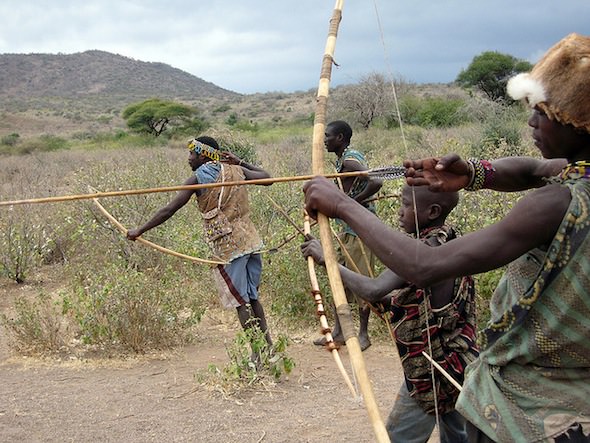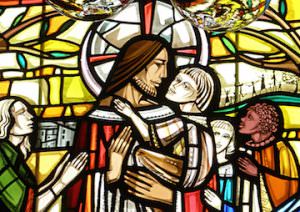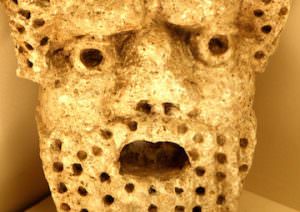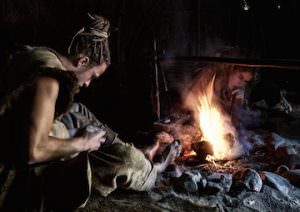‘Our Egalitarian Eden’
"Hunter-gatherers—and presumably all our ancestors—lived as equals," explains a brief Science magazine survey of the accumulated research into the socioeconomic conditions that prevailed across the vast majority of human existence.
“Hunter-gatherers—and presumably all our ancestors—lived as equals,” explains a brief survey of the accumulated research into the socioeconomic conditions that prevailed across the vast majority of human existence.
“Many anthropologists think this egalitarian lifestyle,” in which resources and rights are distributed equitably among the group, “was an essential feature of hunting and gathering societies,” says an article published in the May “Inequality” issue of Science magazine. The author cites anthropologist Richard Lee, a professor emeritus at the University of Toronto, as saying that “an ethic of sharing was central to their way of life. … No one takes precedence over anyone else.” The arrangement contrasts “with both today’s titans of Wall Street and the alpha males of the great apes.”
Lee notes human beings lived as hunter-gatherers for more than 90 percent of their history. In evolutionary time, our 10,000 years of economic inequality has been brief.
Like all animals, the article states, humans are born unequal. Some “run faster, plan better, or make friends more easily than others.” Our instinctive desire to get the best for ourselves, even at the expense of others, “sets the stage for some to dominate.”
The article continues, “To find out why humans shunned hierarchies for most of our history, anthropologists have studied living hunter-gatherers around the world including Native Americans and the Ju/’hoansi/!Kung”:
Iconic studies of these societies show that boasting and other self-aggrandizing behaviors are not allowed. Offenders are teased, ignored, banned from camp, or, in extreme cases, killed. Humility, humor, and strict protocols about distributing meat helped keep people on an even footing, says [Christopher] Boehm, [a cultural anthropologist at USC] who has surveyed the ethnographic literature. For example, !Kung people traditionally downplay their accomplishments: A hunter will say he’s caught only a small skinny animal, even if it’s big and meaty, and his comrades will agree. “You have to demean yourself,” Boehm says.
Lee and his colleagues, who observed the Ju/’hoansi/!Kung for years, found that to counter differences in hunting prowess, men exchange arrows before they hunt. The owner of the arrow, not the bowman himself, gets the credit and decides how to distribute the meat while everyone looks on.
Other traditional societies operate similarly, Boehm reported in an unpublished paper. Of the 330 foraging societies that exist today, he examined 56 that live in conditions resembling those of Paleolithic hunter-gatherers. In those groups, having someone other than the hunter who made the kill distribute the meat “is universal,” he says.
The article continues:
Several factors prevented the concentration of wealth and reinforced cooperation in these groups. Scattered, unpredictable food resources encouraged nomadism, a lifestyle that ensured no one accumulated many material goods. Cooperative hunting, in turn, yields more than enough meat to go around, and groups that shared equitably were at an evolutionary advantage because all of their members were strong enough to be good hunters or fighters should the need arise, says economist Samuel Bowles of the Santa Fe Institute. And cooperation is self-reinforcing: Sharing the spoils promotes further cooperation and self-sacrifice (Science, 4 September 2009, p. 1196). “Inequality may be the enemy of cooperation,” Bowles says.
Read more here.
— Posted by Alexander Reed Kelly
Your support matters…Independent journalism is under threat and overshadowed by heavily funded mainstream media.
You can help level the playing field. Become a member.
Your tax-deductible contribution keeps us digging beneath the headlines to give you thought-provoking, investigative reporting and analysis that unearths what's really happening- without compromise.
Give today to support our courageous, independent journalists.






You need to be a supporter to comment.
There are currently no responses to this article.
Be the first to respond.